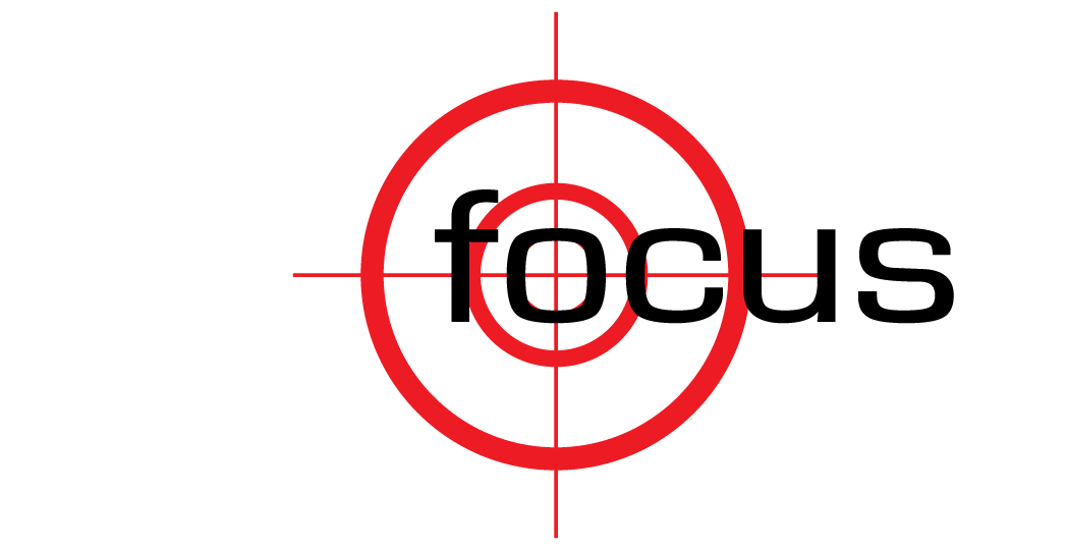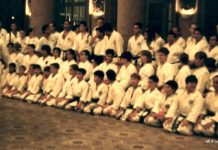Are you like many people that focus constantly on winning and seeing results? In today’s world people care too much about winning and loosing. Too often people project themselves forward to their final destination before even making the journey to get there. Simply this means anticipating victory (or loss) before you have even taken part in the event.
When you take the focus away from winning (Or the possibility of loosing) and shift to focusing on the process you remove your self from paying attention to end results of your actions. When you focus only on end results you are subject to becoming caught up in self-doubt, fear and anxiety. This will lead to worry about consequences of your performance! These fears and anxieties make it impossible for you to perform at your best. Performing at your best requires you to remain centered and to not focus on the end results you want. When you focus only on winning, fear, anxiety and hesitation will set in and you will not be able to play free of these emotional roadblocks that invariably hold you back.
Am I saying that you should not want to win? Not at all, but do we really need to focus on that? We all know we want to win and we all know we don’t want to loose. But to focus only on winning before you have actually ‘won’ causes an expectation. When this expectation of winning does not seem to come true you will begin to doubt your ability to get back on track. When you doubt yourself you are unable to focus on the process and now your only thoughts are focused on trying not too loose. All of these are task irrelevant cues and have little to do with the ‘subject’ at hand. This subject is the process and getting back on track is focusing on that process!
Great performances are achieved when one does not focus on the future or past, but rather focusing on the here and now. In that here and now, the present moment, the only thing you should be focusing on are the processes this means one move at a time and one play at a time. In order to do this you require confidence in your ability and equally important is knowing exactly what is required in order to make a certain play work. These are called task relevant cues. In my sport of Mixed Martial Arts I know when sparring that there are four aspects that I am focusing on at any given time. These are balance, defense, structural tightness and my conditioning. When I feel that I am not doing to well in a sparring match my focus turns to the process, this process for me is one of the aspects I have listed above. “Am I not doing well because I am out of balance”, “Am I not keeping everything structurally tight”. By focusing on the process instead of the end result of winning I am able to keep calm and centered under fire.
If for example I found myself loosing (This in itself is subjective, because often you are doing just fine, but your mind is telling you otherwise) if I shift my focus to just making the victory happen I am probably going to loose severely. The more I make mistakes and the more I try to fix them by getting anxious and saying things to myself such as, “I am loosing, I have to win this match, “if I don’t what are people going to say”, “I am going to embarrass myself if I loose this match, I have to finish this now with a knockout”. The more I think like this, the more I get off track, become distracted and remove my focus from the process. This will cause me to make forced errors, to force an outcome before working all the steps to get there. A great example of this is when you see a person sparring and initially he is doing quit well. At some point during the match the tables turn in favor of his opponent or his opponent catches him with a solid punch. Immediately he becomes angry this makes him loose his game plan and he tries to retaliate with everything he has often with intense anger and frustration. When you look again he has either burnt himself out and cannot continue because he is so tired or he inevitably gets knocked out.
Instead what he should have done was remain calm and focused on his task relevant cues, the aspects that make his game work. It is these aspects, the process that affords you the victory. I have been in these situations countless times where someone is ‘out boxing’ me and the temptation to allow the anger to take over and the frustration, or self-doubt is always very strong. At that moment I have to ‘fight’ that temptation and remember to focus on the process, I know what I need to focus on to win and I never think of winning ever. Simply I go back to the process, “Why I am I doing badly”, “Why am I getting caught”. I check to see which task relevant cue I am not on top of “Is it my balance? “ Is my structure is too loose?” “Am I getting cocky by dropping my hands” and so forth. I re-focus my attention on the process, on my task relevant cues and remove my attention from the outcome or what’s gone before. When this happens I enter the zone- and the game unfolds simply as it was intended to be!
Rodney King©2005
Rodney is a Performance Enhancement & Mental Games Coach. He is the innovator of the Crazy Monkey Defense ProgramÒ, which is taught in over 15 countries worldwide. For more information on Rodney and mental game consultation go to his personal website at www.martialartslife.info alternatively go to his online membership program at www.virtualcrazymonkey.com or simply e-mail him at membership@mymalife.com










